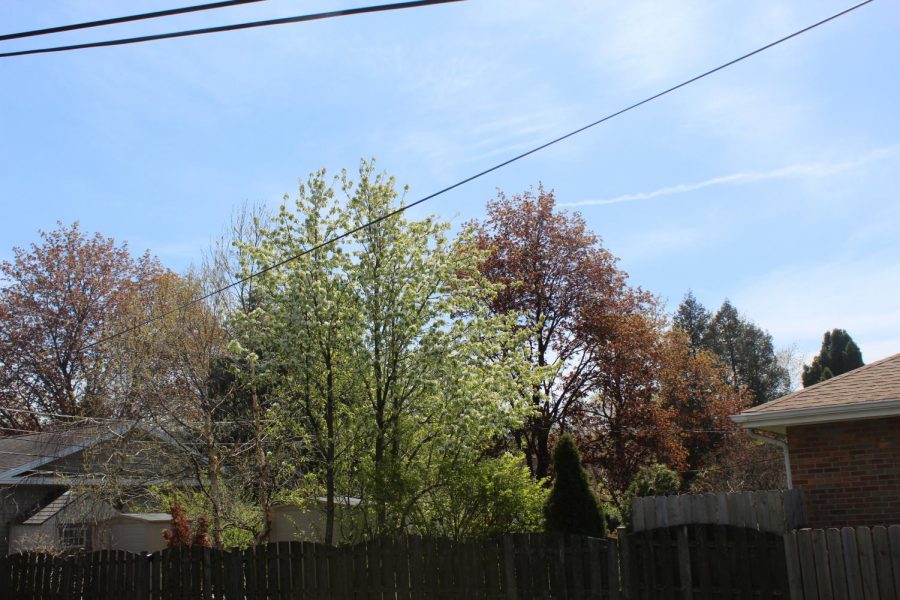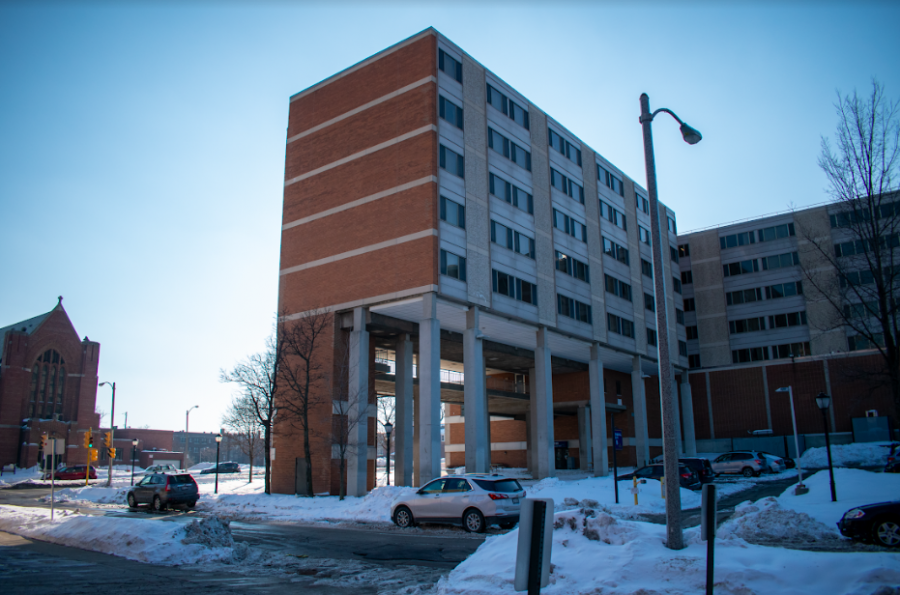
The mild Wisconsin winter was enjoyable while it lasted, but consequences of the pleasant weather are leaving many people red-eyed and sniffling with particularly bad allergies this spring.
According to Clinical Associate Professor Christine Shaw of the College of Nursing, seasonal allergies are more severe in springs like this one, when there is a burst of overly warm weather.
While allergies vary, specific causes this season include cedar, birch and maple trees, grass, weeds and snowmelt residue, which releases mold into the air.
Shaw said seasonal allergies are “hyspersensivity type I reactions,” which cause a person’s body to overreact to harmless substances.
“This means that the person’s immune system mistakes a substance that would normally be harmless for something that could hurt the body,” Shaw said.
Shaw added that the immune system creates a specific antibody to defend itself from the substance. Consequently, the next time such substances enter the body, the antibody recognizes the material and calls for the release of a histamine chemical.
According to Shaw, typical allergy symptoms such as itchy eyes, a runny nose, swollen tissues or rashes are in reaction to the histamine. Students could take over-the-counter antihistamine medication to alleviate these symptoms, Shaw said, though such drugs–while safe and effective–are not necessarily the best option.
“There are also prescription medications that may be a better choice for the student,” Shaw said.
Allergies tend to be permanent developments resulting from genetics, and Shaw said they can begin at any age.
“Some people develop allergies as children, whereas others develop them as adults,” she said. “Even the elderly can develop new allergies.”
Lindsey Livacich, a sophomore in the College of Business Administration, said her allergies have been particularly unbearable this year.
Livacich said her face swelled up this year in Milwaukee – a reaction her hometown of Los Angeles never caused.
Kristina Kollauf, a sophomore in the College of Arts & Sciences, said her allergies have been particularly random and threatening this spring.
“I barely ever have allergy problems, and I have been sneezing non-stop for the past week,” Kollauf said.
Shaw urges students suffering this spring to understand their allergies’ root causes and avoid those substances, or, at the least, get help for reactions to them.
“They should seek assistance from their health care provider: their nurse practitioner, physician’s assistant or physician,” Shaw said.
While Student Health Services was unavailable as of press time, Shaw said most health care professionals could determine which kind of medications will be most beneficial for the individual.







